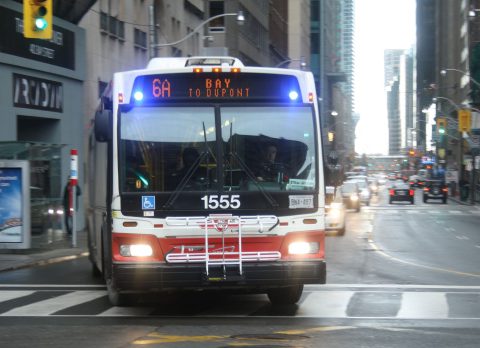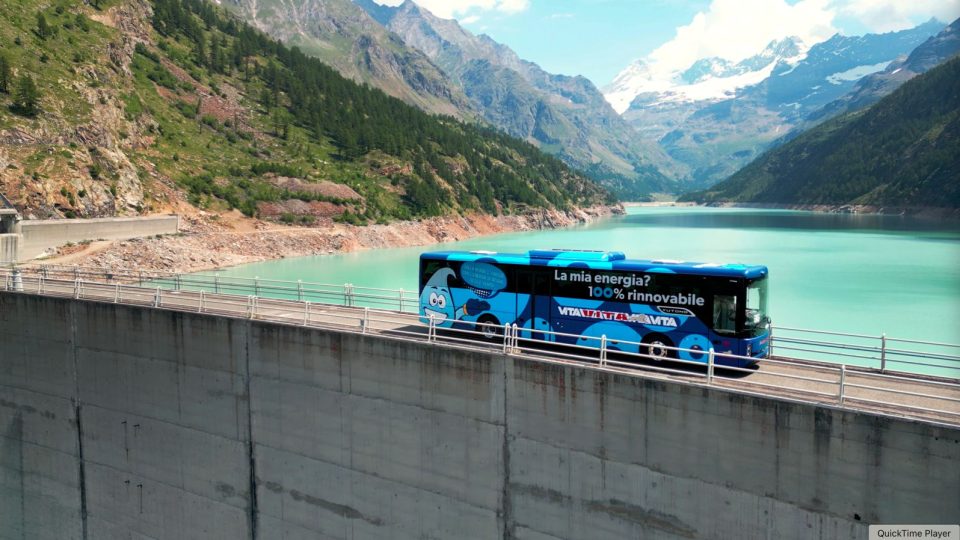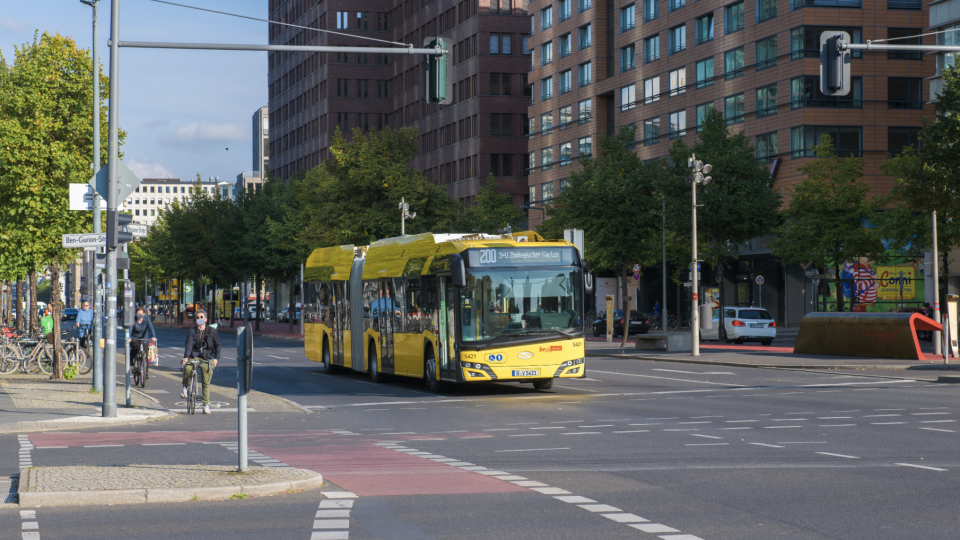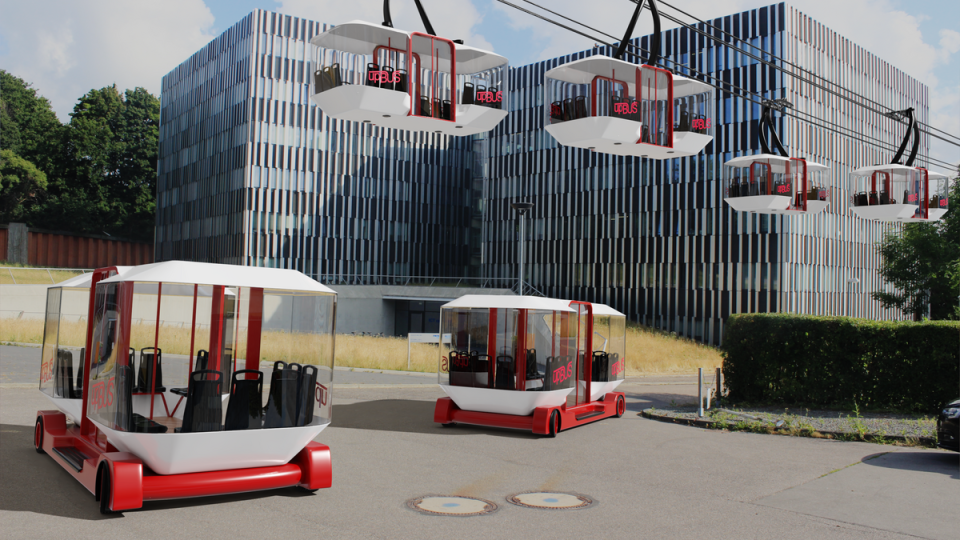A permanent transit fund in Canada, CUTA welcomes the initiative
The Canadian Urban Transit Association (CUTA) welcomed the new Permanent Transit Fund announced by Prime Minister Justin Trudeau and Infrastructure and Communities Minister Catherine McKenna. Funding could be used for everything from subway extensions and electrified transit fleets to walkways, cycling pathways and projects to improve rural mobility. Prime minister announced plans for an additional $14.9 billion over the next eight […]

The Canadian Urban Transit Association (CUTA) welcomed the new Permanent Transit Fund announced by Prime Minister Justin Trudeau and Infrastructure and Communities Minister Catherine McKenna.
Funding could be used for everything from subway extensions and electrified transit fleets to walkways, cycling pathways and projects to improve rural mobility. Prime minister announced plans for an additional $14.9 billion over the next eight years on public transportation projects: $5.9 billion in short-term funding and a permanent transit fund of $3 billion per year starting in 2026.

A permanent transit fund in Canada
The fund represents a significant advance for expanding public transit, acting on climate change, and decongesting cities. CUTA has long advocated for its creation, and welcomed the commitment to expand transit beyond cities into rural communities.
“A permanent transit fund will solve many of the hurdles and delays that currently plague transit being built. We thank the government for its commitment to transit and this significant advance,” said Marco D’Angelo, CUTA’s president. “This fund will create jobs, lower emissions, and keep our cities moving. It’s a transformative step ahead and transit systems are grateful.”
He said CUTA looks forward to working with the government on the fund’s details to help achieve its full potential.
D’Angelo also noted expansion is not the only issue facing transit. Revenue is down significantly due to pandemic-related ridership declines and funds from the federal and provincial government to help keep service going expire next month in most provinces. More than two million people currently rely on transit every day, many with no other urban mobility option. CUTA is asking the federal and provincial governments for ongoing operating support until ridership returns.









